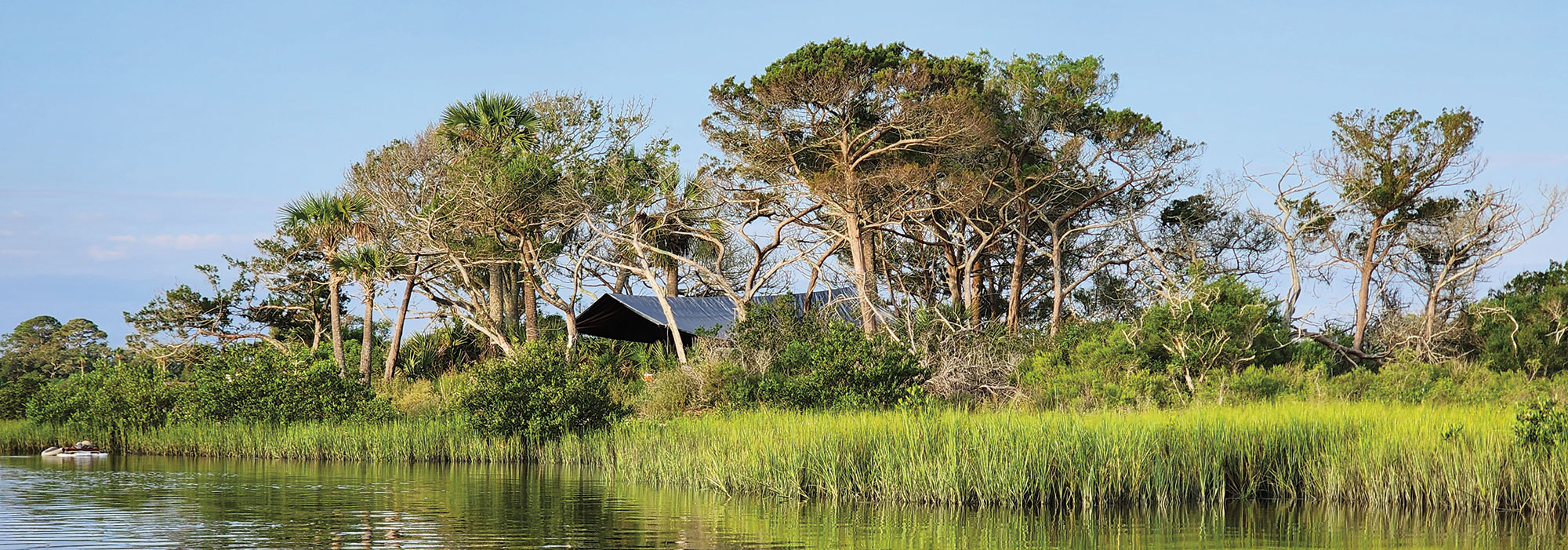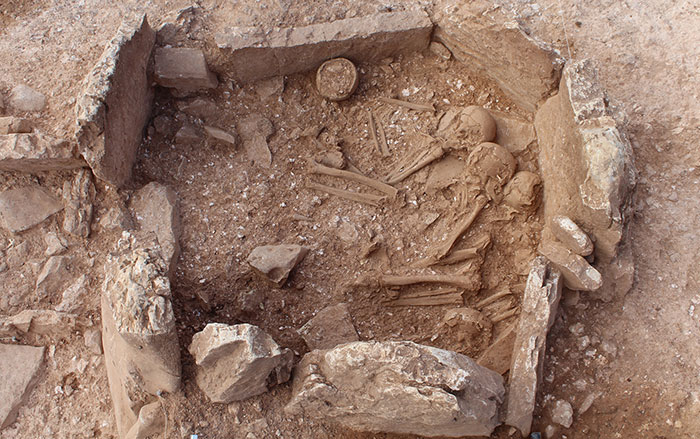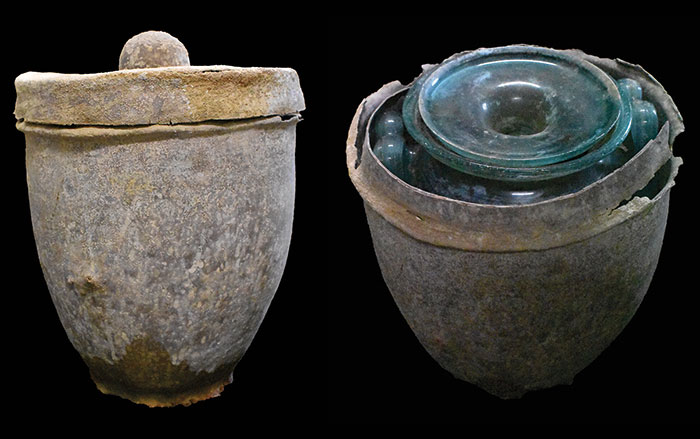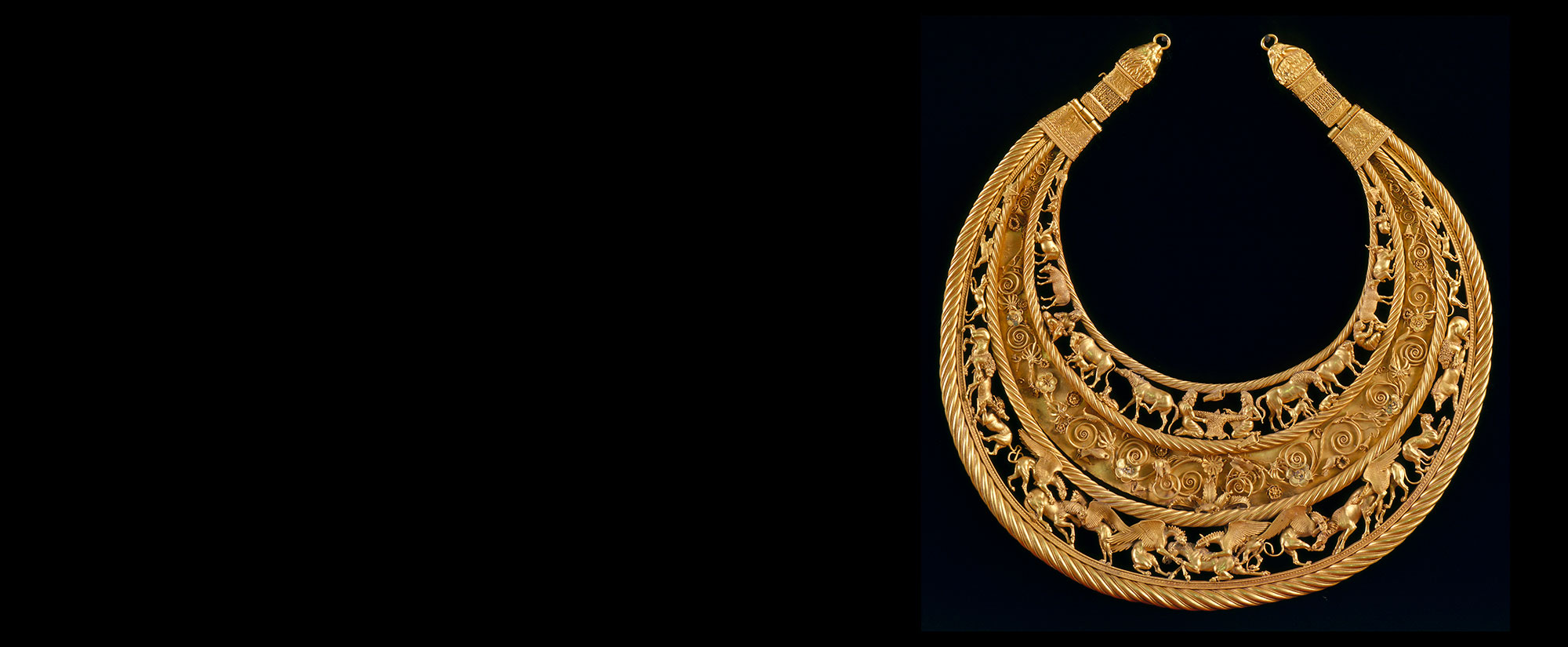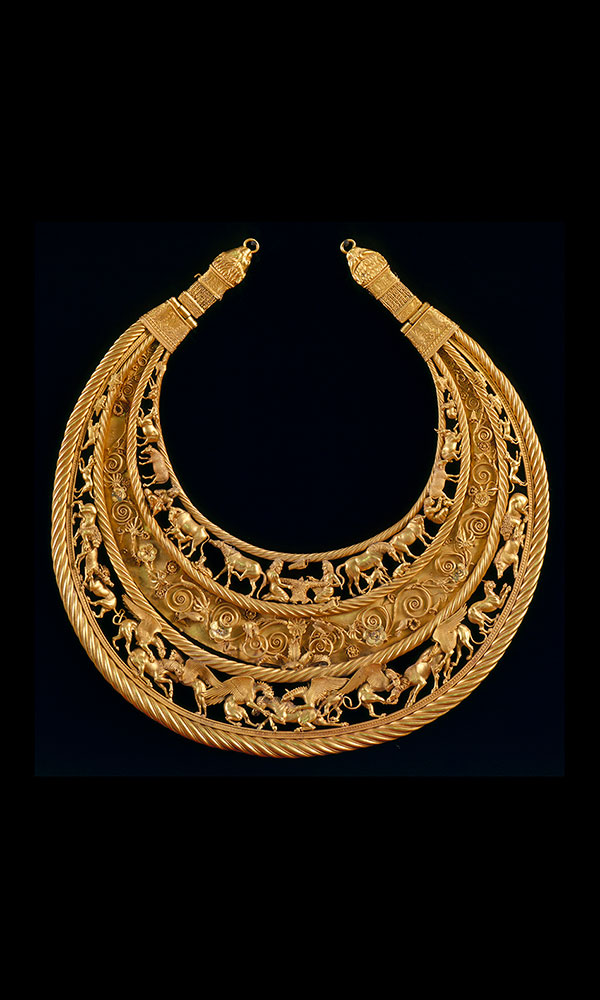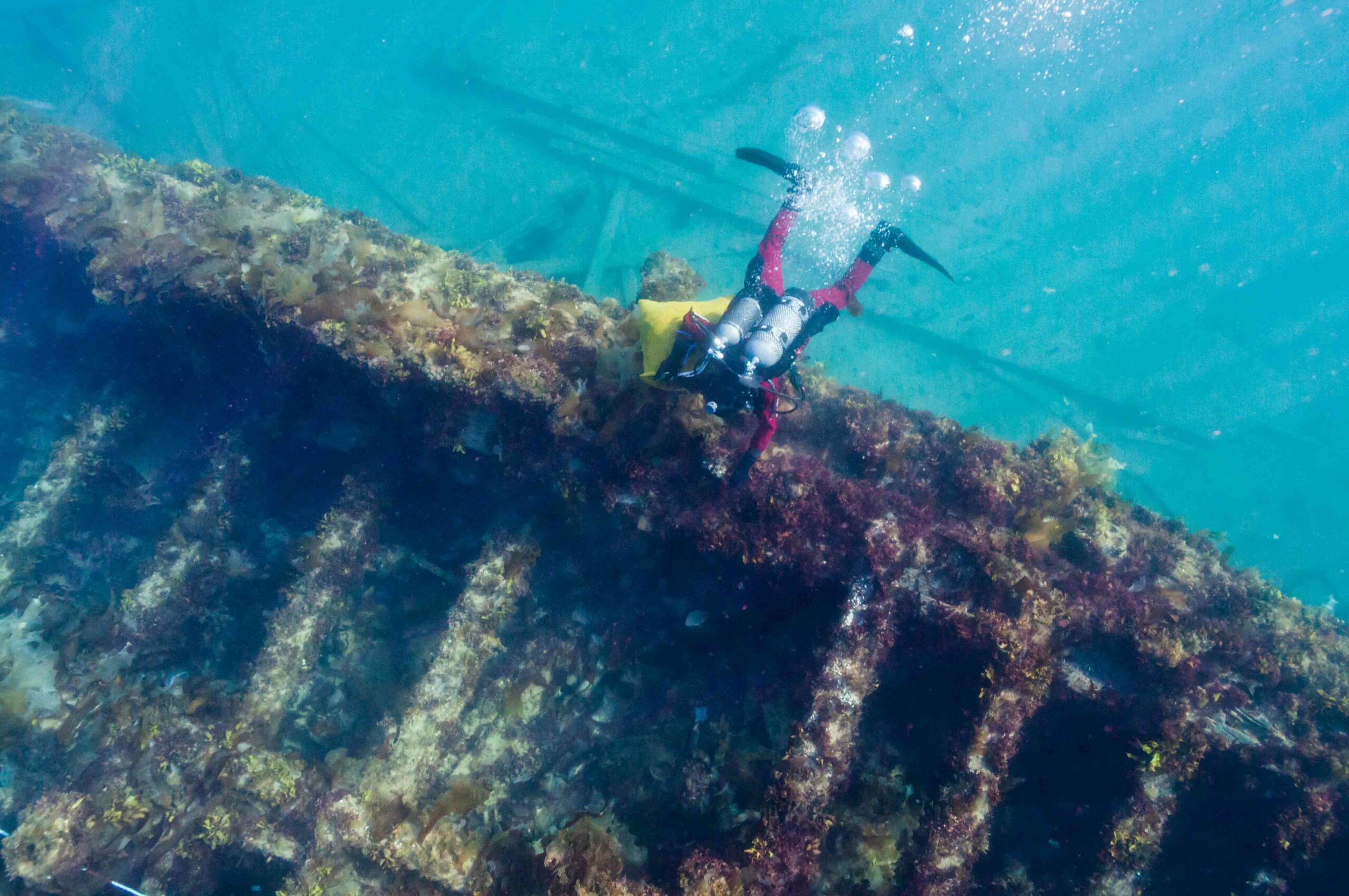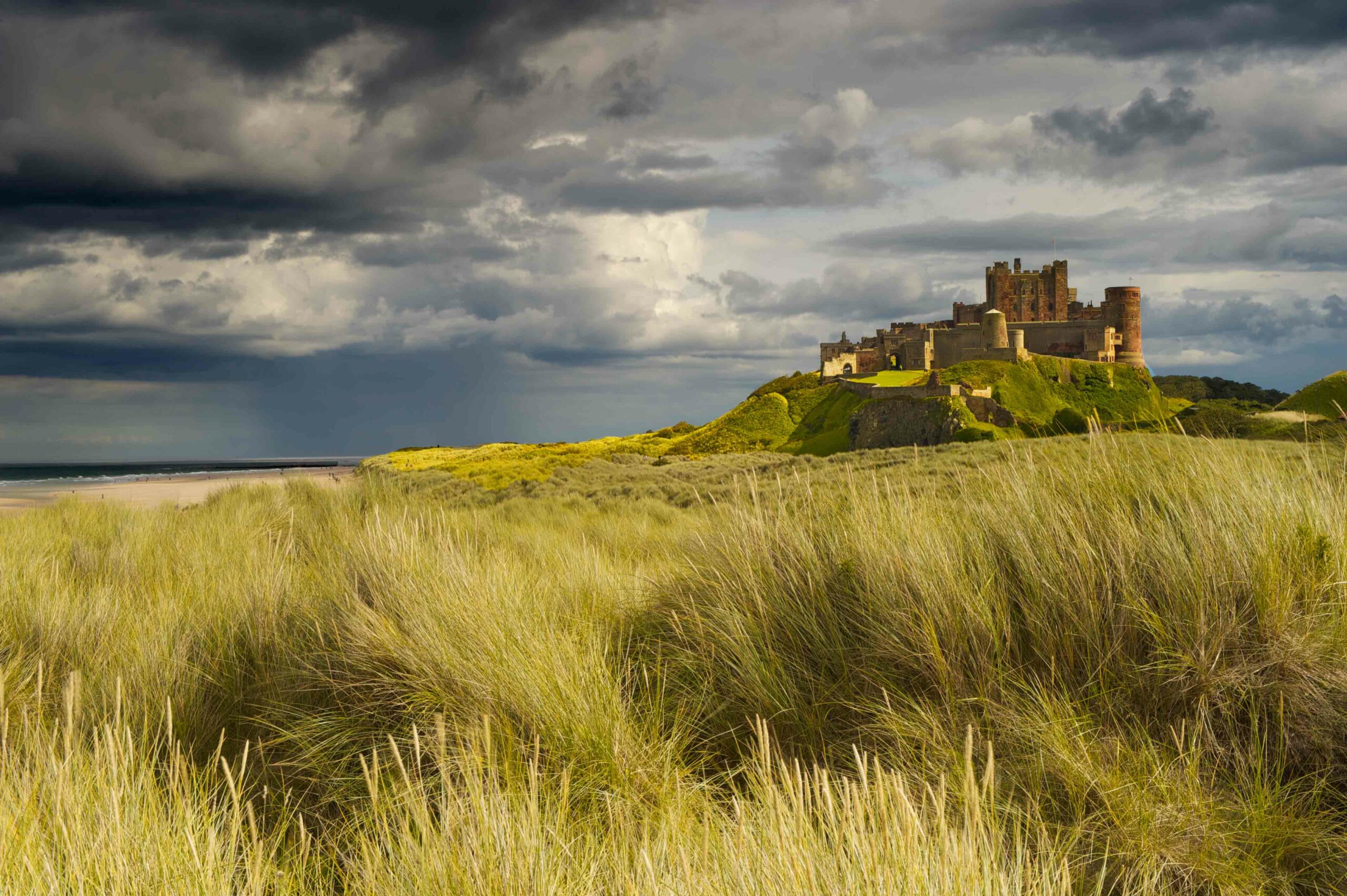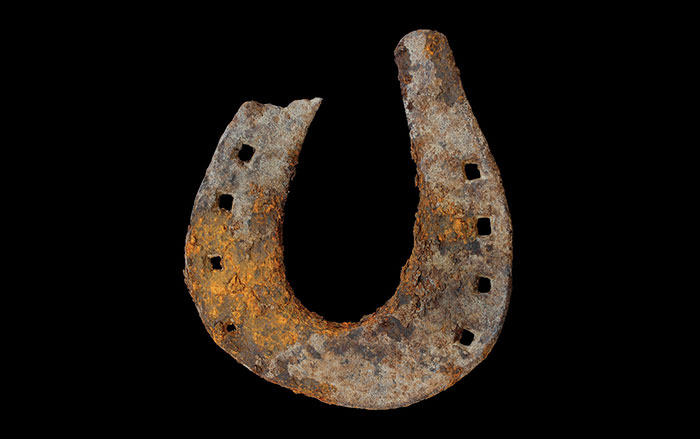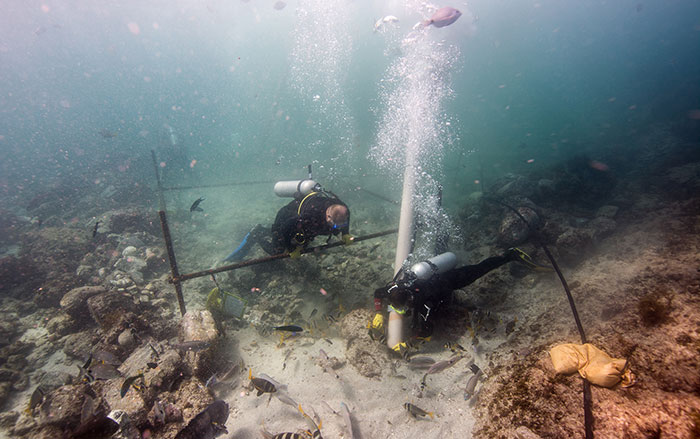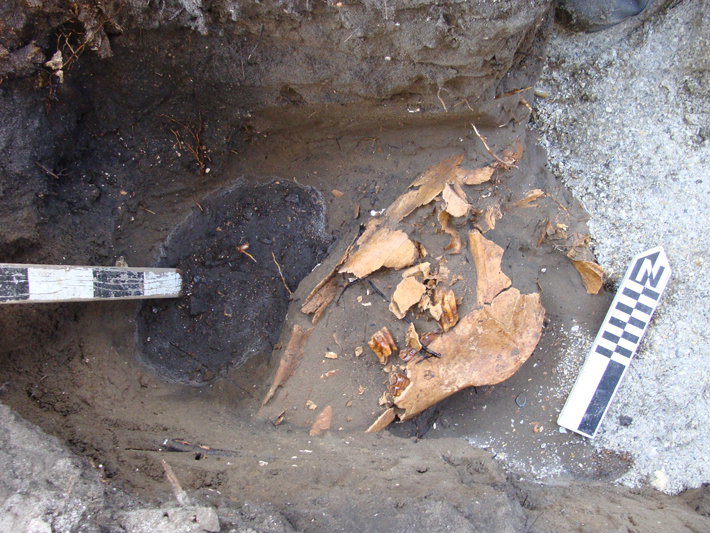
ST. AUGUSTINE, FLORIDA—First Coast News reports that an equine skeleton was discovered at the site of a hotel in downtown St. Augustine during the construction of a swimming pool. City archaeologist Carl Halbirt said that the animal stood approximately 40 inches tall from its hooves to its shoulder, and may have been a donkey, or one of the small horse breeds the Spanish brought with them to the New World. The skeleton is estimated to be about 330 years old, making it one of the oldest horse burials in the United States. “The burial is next to the church hospital of La Soledad,” Halbirt said. “So it’s quite possible this animal may have been used by one of the people who managed or ministered the church hospital of La Soledad in the seventeenth century.” The archaeology team will leave the remains in the ground. To read more about Spanish Florida, go to "Off the Grid: Mission San Luis."


